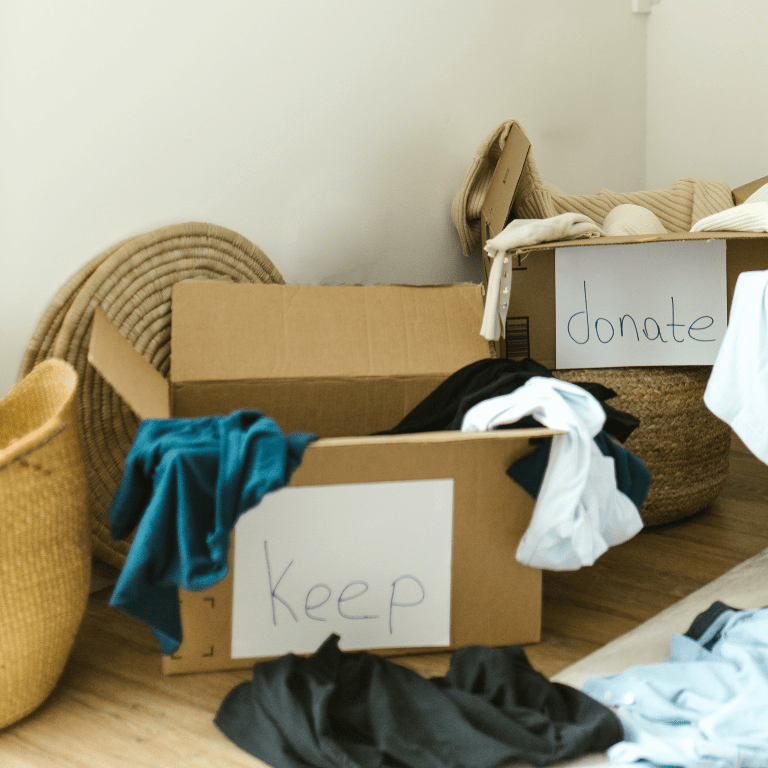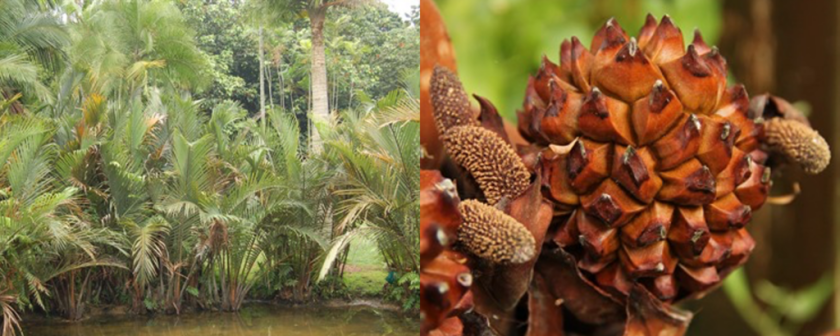
The fashion industry has long been synonymous with change and innovation, yet with these advancements comes a controversial side – the problem of textile waste. Textile waste is pollution caused by the production and disposal of textiles such as clothes, shoes, accessories, towels, sheets, curtains, mattresses and more. It has adverse impacts on the environment.

In production, various toxic chemicals, dyes, and heavy metals used in the making of textiles, when not properly managed, find their way into water systems through run-off, which can affect the water quality of water bodies like rivers and lakes and underground aquifers. Run-off contamination also poses health risks to local communities that consume or come into contact with contaminated water, poisons the soil, and disrupts the balance of aquatic ecosystems.

The fast-fashion industry contributes to textile waste in a significant way. In response to the demand for budget-friendly trendy clothing, companies produce products quickly with synthetic materials. Polyester, for example, is a type of plastic fabric that is made from petroleum-based substances. During its manufacturing process, greenhouse gases are released into the atmosphere. Notably, the fashion industry produces 2-8% of global greenhouse gas emissions every year.

The combination of low prices, subpar quality, and fleeting trendy styles also perpetuates a cycle of disposable consumption, where items are bought and discarded shortly after.
When polyester textile ends up in a landfill, it does not break down. It only degrades over time into microplastics and further pollutes the land and water.
In Singapore, textile that does not get recycled gets incinerated along with the rest of our waste and further generates emissions and air pollutants. Particularly concerning is the incineration of garments crafted from synthetic fibres, as it may release microfibers into the atmosphere.

Fashion is a powerful form of storytelling through self-expression. When we don clothing, footwear, and accessories, it evokes a sense of self-confidence and positivity. We use it to communicate our identity, values and personal style. Fashion serves as a visual representation of who we are. Not to forget, fashion also serves a practical function, providing us with clothing suitable for different weather conditions or activities.
As individuals, we can make a difference by adopting sustainable practices in our fashion choices. Here are seven practical ways to reduce textile waste and make a positive impact on the planet.
Mindful Consumption

Before making a new purchase, ask yourself if you need it. Consider the quality, versatility, and timelessness of the item. Choosing timeless pieces that can be styled in different ways extends the lifespan of your wardrobe.
Second-hand Shopping

Explore thrift stores, vintage shops, and second-hand online platforms. Buying pre-loved clothing not only gives garments a second life but also helps to reduce the demand for new production.
Clothing Swaps

Host or participate in clothing swaps with friends, family, or colleagues. Clothing swaps are a fun and sustainable way to refresh your wardrobe without spending money or contributing to textile waste. Cloop, Swapaholic, and The Fashion Pulpit are a few local organisations to look out for. Connect with them to stay updated on their upcoming events.
Upcycle or Repair

Transform old or worn-out clothing into something new through upcycling. Turn old jeans into shorts, create a tote bag or a pouch from an old t-shirt, embroider designs or add patches to revive old garments.
Proper Clothing Care

Extend the life of your clothing by following proper care instructions. Wash clothes in cold water, air dry when possible, and avoid over-washing. Proper clothing care helps maintain the integrity of the fabric and prevents premature wear and tear, reducing your need to replace them.
Support Sustainable Brands

When purchasing new items, support brands that prioritise sustainability. Look for companies that use recycled materials, eco-friendly materials, have ethical manufacturing practices, and take-back programmes. By supporting these brands, you can contribute to a shift in the fashion industry towards more responsible and sustainable practices.
Donate or Recycle Responsibly

If you find yourself with clothing you no longer need, donate it to local charities or clothing banks. Ensure that the items are clean and in good condition. If the items are not fit for donations, explore recycling options. Cloop’s yellow bins, for example, accept items in any condition.
What are some practices you adopt to make less textile waste?

































































